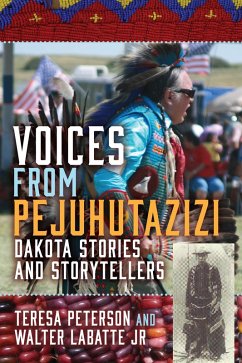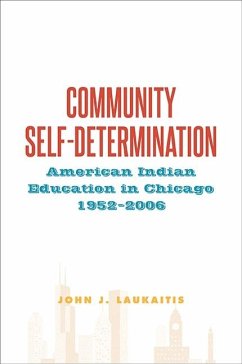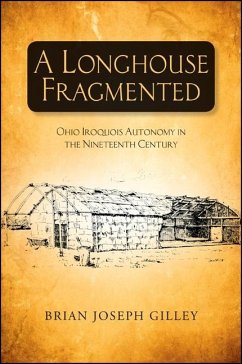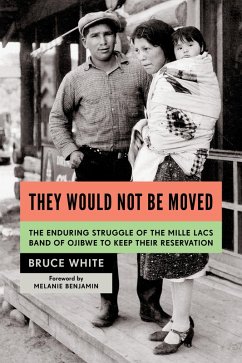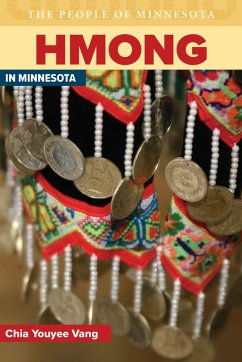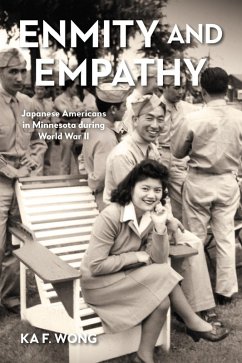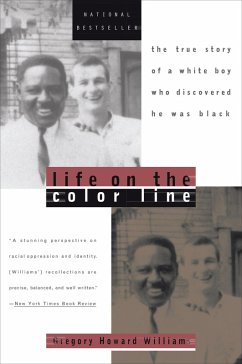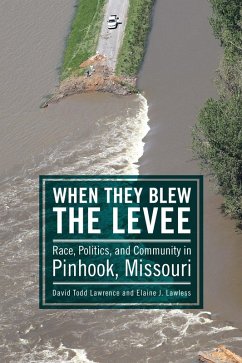
A Child of the Indian Race (eBook, ePUB)
A Story of Return

PAYBACK Punkte
3 °P sammeln!
An adoptee reconnects with the Lakota family and culture she was born into-and nurtures a new tradition that helps others to do the same. In the 1950s, when Sandy White Hawk was a toddler, she was taken from her Lakota family on the Rosebud Indian Reservation. Her adoption papers identify her as "a child of the Indian race," and her adoptive mother never let her forget it. This memoir of her removal from and return to her extended Lakota family is also the story of her life work: helping other adoptees and tribal communities to reconcile the enormous harms that widespread removals have caused....
An adoptee reconnects with the Lakota family and culture she was born into-and nurtures a new tradition that helps others to do the same. In the 1950s, when Sandy White Hawk was a toddler, she was taken from her Lakota family on the Rosebud Indian Reservation. Her adoption papers identify her as "a child of the Indian race," and her adoptive mother never let her forget it. This memoir of her removal from and return to her extended Lakota family is also the story of her life work: helping other adoptees and tribal communities to reconcile the enormous harms that widespread removals have caused. Many people believe that adoption is needed to protect "unwanted children" from "unfit mothers," to offer a child a "better chance at life." White Hawk shows that this is a myth; that adoption, particularly transracial adoption, is layered in complexities that adoptees are left to navigate in emotional isolation, without a language to speak about what is happening to them. White Hawk founded First Nation Repatriation Institute, which addresses the post-adoption issues of Native American individuals, families, and communities. Incorporating the testimony of adoptees, formerly fostered individuals, and birth relatives, she argues that those who experienced child protection need to inform the policies for child removal and placement-and that everyone involved in the issue must focus on family preservation.
Dieser Download kann aus rechtlichen Gründen nur mit Rechnungsadresse in A, D ausgeliefert werden.




